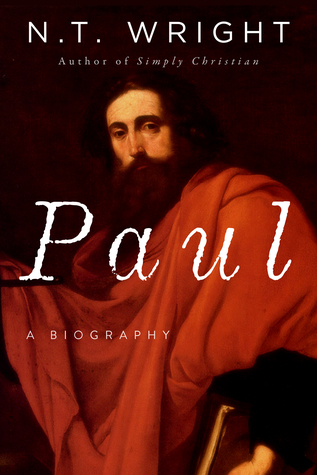More on this book
Community
Kindle Notes & Highlights
In Paul’s day, “religion” consisted of God-related activities that, along with politics and community life, held a culture together and bound the members of that culture to its divinities and to one another. In the modern Western world, “religion” tends to mean God-related individual beliefs and practices that are supposedly separable from culture, politics, and community life. For Paul, “religion” was woven in with all of life; for the modern Western world, it is separated from it.
“Judaism” refers, not to a “religion,” but to an activity: the zealous propagation and defense of the ancestral way of life.
Did Paul “switch religions”? Or can we accept Paul’s own account that, in following the crucified Jesus and announcing that Israel’s God had raised him from the dead, he was actually being loyal to his ancestral traditions, though in a way neither he nor anyone else had anticipated?
History is always a matter of trying to think into the minds of people who think differently from ourselves. And ancient history in particular introduces us to some ways of thinking very different from those of the sixteenth or the twentieth century.
For Paul and all the other early Christians, what mattered was not “saved souls” being rescued from the world and taken to a distant “heaven,” but the coming together of heaven and earth themselves in a great act of cosmic renewal in which human bodies were likewise being renewed to take their place within that new world.
What God had done in and through Jesus was, from Paul’s perspective, the launching of a heaven-and-earth movement, not the offer of a new “otherworldly” hope.
Paul saw himself living at the ultimate turning point of history. His announcement of Jesus in that culture at that moment was itself, he would have claimed, part of the long-term divine plan.
In any case, historical psychology may be an amusing armchair sport, but it is next to useless in real historical investigation.
“Hope” in this sense is not a feeling. It is a virtue. You have to practice it, like a difficult piece on the violin or a tricky shot at tennis. You practice the virtue of hope through worship and prayer, through invoking the One God, through reading and reimagining the scriptural story, and through consciously holding the unknown future within the unshakable divine promises.


